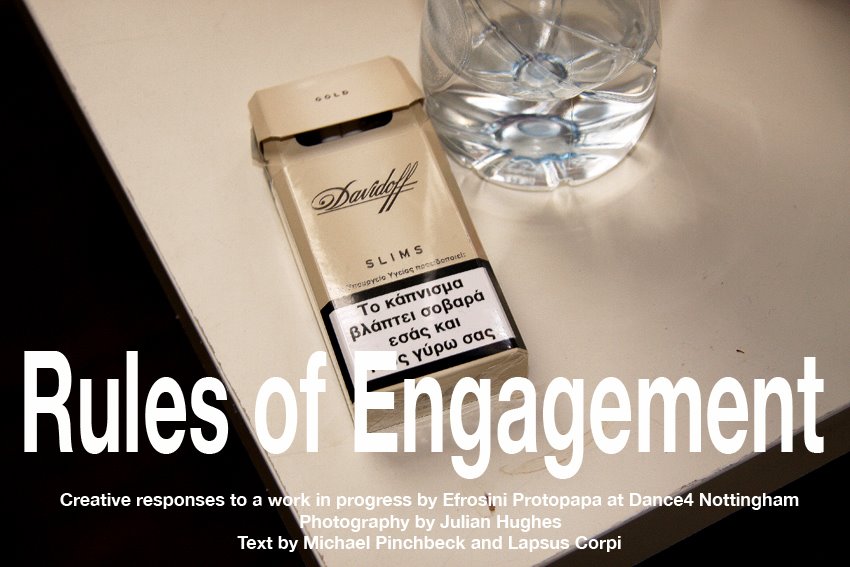Here are now some of my thoughts about the residency and my personal experience during the three weeks.
First of all what was nice to notice, was the welcoming atmosphere of the whole group, considering that some of the people have been in the company before and worked together previously. From the very beginning, there was no hierarchy in the group and after couple of days of getting together we started forming a very democratic way of working.
From early on, one thing that I had to keep on reminding myself was that I need to stand behind my own individuality, which in the end produced the best results. This came up in one of our conversations too, and it was something I just had to keep on my mind. Maybe it was something to do also with the fact that this was my first professional engagement with this company and in such cases I usually take note too much of how other people tend to work.

The individuality issue also came up when working in smaller groups. This allowed for closer connections between people and it also resulted in different ways of working within the different groups. This issue emerged again in the last week when we were setting the structure, when each one of us started automatically knowing a bit more what kind of response we would get from different people.
One aspect, which was new and beneficial for me, was the use of voice and text. I was a bit shy on the mic in the first week, but after getting used to it, it became relatively quickly a new tool to use and improvise with. Here I still think that the text from the scripts was essential for me, because just trying to improvise with no material felt a bit too clunky for me. Maybe an exception to this was the final interviewing scene, but this came up last, so I was already more used to using language in improvisation by that time. So, there the improvisation did not feel too awkward, but quickly, in that scene too, there started to be certain reference points to play with during the performance.

The actual structure and the playing with it “grew” quite steadily I think. In the first week, many of the try-outs were a total chaos and it was hard to push things any further, because there was not enough common understanding amongst the group of what we are doing. When we started to play with it more, the whole thing became much clearer. This enabled, at least myself, to be more decisive when “onstage” and to respond quicker to the impulses. It was also beneficial when we placed only one person onstage and worked on the material as a solo. It helped to create more unified performances and to move from one motif to another more smoothly (was this ever a goal you wanted?).
The actual performance raised a bunch of questions, some of which were also addresses after the show in discussions anyway.
First of all, does the audience need to recognize/make the right connection with a scene from a movie? Is that important or would it become too flat after a while if it was only about that? If the connection needs to be made more clear for the audience, how could we make the realisation process/unrevealing interesting every time and still keep it accessible?
Another thing was the attempt to keep the performance fresh. We tended to fall into some familiar patterns during the last week when running the piece, but in the performance we moved to a bit of a more alien territory. How can we still make sure that the structure works? The material could feel familiar to us, or we could feel that we have already done this, but the audience has not seen it before. So, the question is how not to fall into reproduction of a “safe” pattern, but still be on top of it…

In general, I think we made a huge progress in three weeks. I feel that I found my place in the group (as did everybody else) and this was hugely beneficial and productive for the end result. The thematic of the piece intrigues me and in the future I think one thing to take into consideration more is how else to approach the source material (films). Certain ways were explored already, like: exact copying, taking certain elements and bits of text... These were good approaches, but maybe they can be even more clarified and hopefully lead us to create more material? With time, of course, the approaches we used already could also be taken further (for example, the exact physical copying).
So here were some thoughts. I did not write anything about the format of the residency, mainly because I did not have much critique about it. I’ll write more if/when things come to my mind!
All the best,
Jarkko x
JARKKO


